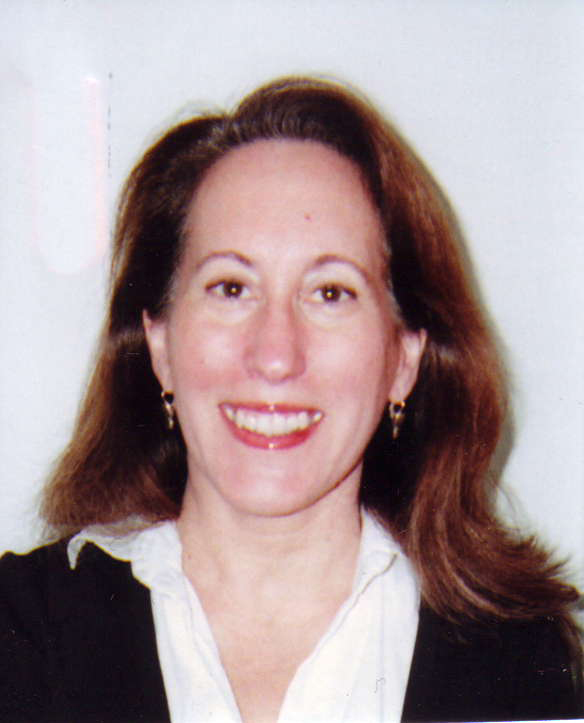By Hillary Mantis
In my years as a career counselor, I have met many lawyers who are very happy with their careers. So, who are these lawyers? And how can you become one of them?
The lawyers I know who developed defined interests in law school, and got to know themselves better, are the ones who are happy now. For example, a colleague who absolutely knew she wanted to go into Legal Services, defending the indigent, did end up working for the Legal Aid Society. More than a decade later, she is very satisfied with her career.
Another lawyer I know who went to work for a small firm, representing his own clients, is also very happy. He knew that direct client representation — actually working with people every day, not just documents, would work for him. And it did. When I used to take the on-campus interviewers to lunch, I noticed the lawyers from the District Attorney’s office seemed to be a happy bunch — they are the lawyers who really wanted to go to court, and so they did.
I’ve met lawyers who enjoy the challenge and the resources (not to mention the paycheck) available in large law firms, and those who love the entrepreneurial nature of being a solo practitioner (one that I worked with turned down a job listing I told him about, because he didn’t want to go back to work for someone else.) And there are the myriad of lawyers who have found happiness in law-related careers, where their law degree is an asset.
But what if you don’t have defined career interests? If, like many law students, you are not sure what you want to do, I recommend you take advantage of the career testing and counseling available to you at many law schools. The Myers-Briggs Type Indicator and the Strong are two of the most commonly used career tests. See if you can take them. Discuss your results and potential practice areas with your career counselor. Read career books, like The Official Guide to Legal Specialties, which describe the many practice areas that are available to lawyers. You might get some great ideas — not everyone becomes a litigator or a corporate lawyer. Law externships can also really help you determine if a practice area is right for you.
The lawyers I’ve met who are unhappy are often the ones who are not in a good fit for their position. They are stuck in their offices doing research, when they would rather be in a high people interaction career. Or they are stuck in court all day, when in fact they are terrified of public speaking. Or, they are beaten down by the adversarial nature of litigation, when they would rather be in a less contentious career setting.
But what about the economy? Do you even have a choice about what job to take? I understand the realities of the market, and yes, you may have to take a job right out of law school that isn’t your first or even second choice, to pay the bills. Hopefully, the economy will continue to turn around.
Even if the recovery is slow, you can spend time now planning your long-term career. Lateral moves are often easier. With the right resume and good networking skills, you might be able to move laterally into the perfect second job. Or, with enough career planning, and a bit of luck, you might actually find a job you really enjoy right out of law school.
Hillary Mantis is a career counselor for law students, pre-law students, and lawyers. She is a Director of the Pre-Law Program at Fordham University, and the author of Alternative Careers for Lawyers, and Jobs for Lawyers: Effective Techniques for Getting Hired in Today’s Economy. You can contact Hillary at altcareer@aol.com.







